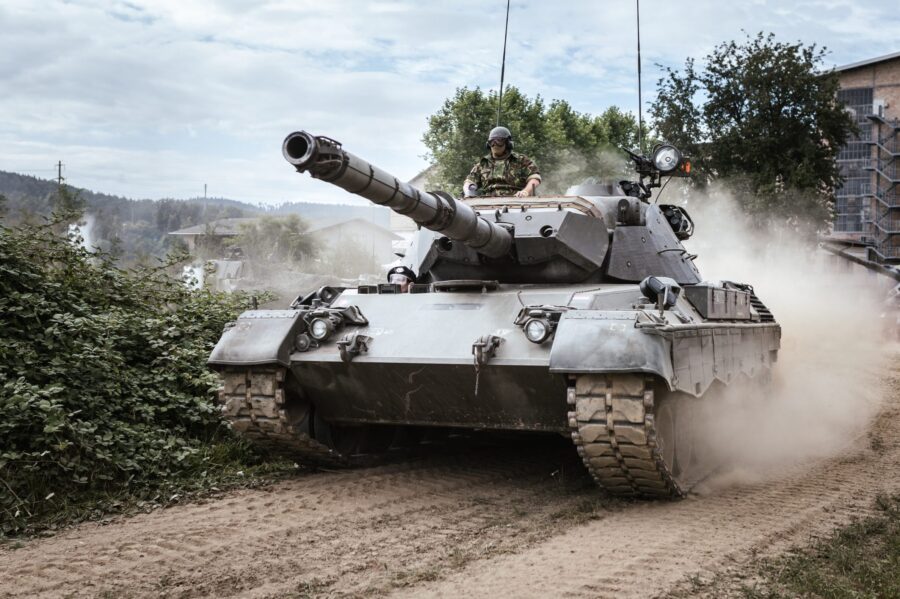Watching War Unfold on Social Media Affects Your Mental Health
The Russian invasion of Ukraine has caused untold suffering and trauma, as the army has actively targeted civilians, families have been torn apart, and millions have fled their homes. War is played out hour by hour on social media. Horrific images flood our feeds––a mother and children gunned down in the street, hospitals shelled mercilessly, pregnant women carried out on stretchers. We later learn both she and her baby have died. While the Syrian war was the first war to be documented on social media, the war in Ukraine is by far the most immediate and graphic. In 2011, TikTok did not exist; now TikTok videos tagged with #ukrainewar have been viewed over 600 million times.
According to a recent TIME article, access to up-to-the-minute information is powerful but costly. While this tangible view of suffering helps people connect with the people of Ukraine, enabling them to bear witness to atrocity, research shows that news coverage of traumatic events can itself have an effect on viewers’ mental health, and by extension public health.
UC Irvine psychological science professor Roxane Cohen Silver, who studies the connection between media and trauma, has documented the effects of graphic media consumption on mental health. The article asserts that while “it’s impossible to equate the experience of living through war to that of watching it unfold on a screen[, her] research does suggest that news coverage can have a strong impact on people who are not directly affected by a crisis.
One of the factors that makes social media war coverage so potent is that it is often unfiltered, unlike traditional news coverage, which may offer content warnings or make determinations about what is too graphic to show.
Cohen Silver also notes that people prone to anxiety, perhaps out of a need to wrest some sort of control over unsettling events, tend to seek out crisis coverage more frequently, “fuel[ing] a cycle of distress…from which it’s very difficult to extricate oneself.” She herself chooses to read coverage of the war in Ukraine rather than absorb images firsthand.
Jason Steinhauer, author of History, Disrupted: How Social Media and the World Wide web Have Changed the Past, reminds us that “the compulsion to constantly refresh social media is, in part, ‘a byproduct of platforms and devices that have been purposefully built to be addictive.’” He suggests that staying engaged with the crisis through meaningful interventions––such as donating to organizations supporting those in Ukraine or writing to government representatives––can be a more productive and healthy substitute for “doom scrolling” and minute-by-minute updates. Compassionate individuals can thereby effect change and help alleviate suffering rather than being towed under by trauma.
For more on the positives and negatives of social media in times of crisis, read the full TIME article here.
Ducharme, Jamie. “Watching War Unfold on Social Media Affects Your Mental Health.” TIME, 8 Mar 2022. https://time.com/6155630/ukraine-war-social-media-mental-health/
Photo by Kevin Schmid on Unsplash



